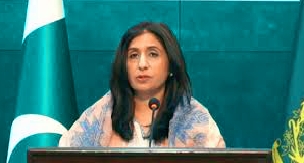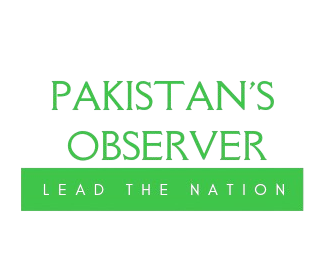Islamabad – Labeling them as unfair and reflecting double standards, the Government of Pakistan has harshly condemned the United States’ recent imposition of more restrictions on its missile program The Foreign Office voiced worries about such policies aggravating military asymmetries in the area. Mumtaz Zahra Baloch, a Ministry of Foreign Affairs spokesman for Pakistan, said in a statement that the measures were “unfactory and prejudiced.” She underlined that Pakistan’s strategic goals are just meant to protect national sovereignty and advance stability and peace in South Asia. She continued, “240 million people in the nation have holy faith in the missile program of their country. These penalties endanger regional peace as well as global non-proliferation initiatives.” Targeting four Pakistani firms claimed to support Pakistan’s ballistic missile program—the National Development Complex (NDC), Akhtar & Sons Private Limited, Affiliates International, and Rockside Enterprise—the sanctions imposed under Executive Order 13382 aim.
The U.S. State Department says that these organizations have helped Pakistan’s long-range missile program acquire tools and supplies including specialized truck chassis for missile testing and launch support systems. Reportedly in charge of developing the Shaheen missile series and other ballistic systems is the national agency NDC. Reacting to the American declaration, Pakistan’s Foreign Office voiced dismay at the targeting of private trade companies. “Past allegations against commercial organizations have often lacked concrete evidence and relied on mere suspicion,” the comment read. Emphasizing global disparities, the Foreign Office noted that some nations have loosened export restrictions for modern military technologies while Pakistan suffers punitive policies. ” Such actions erode the credibility of non-proliferation principles and promote discriminating practices,” Baloch said. The United States repeated its position, saying that the restrictions seek to slow down the spread of weapons of mass destruction and their means of delivery. Matthew Miller, a State Department spokesman, underlined Washington’s will to stop worrisome actions connected to missile and armaments development.
The action falls only one month before newly appointed U.S. President Donald Trump takes office. Rising sanctions worry analysts about further souring of Pakistan-U.S. relations and complicating attempts to keep South Asia stable. Warning that such punitive measures would not only fail to reach their stated goals but also destabilize the area, Pakistan has pushed the international community to take a mixed approach.









